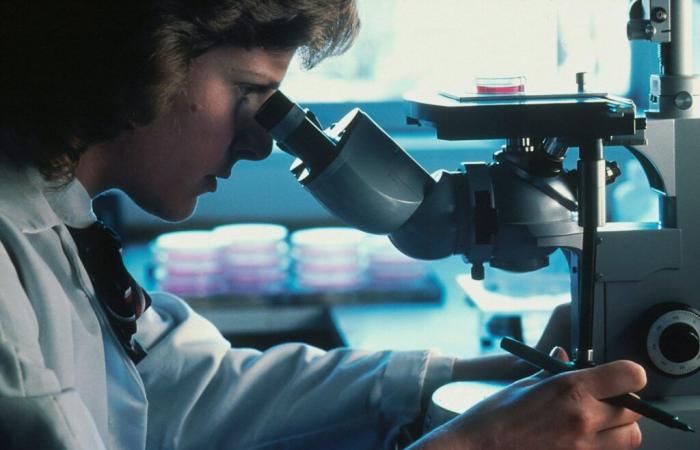Scientists at the University of Georgia believe that certain foods may help protect against various types of cancer. The study, published inInternational Journal of Cancerrelied on data from more than 250,000 people study participant UK Biobankwho has closely followed their health for more than a decade.
Among the 253,138 participants, 29,838 were diagnosed with cancer during follow-up. High levels of omega-3 in the blood were associated with a reduction in intestinal, stomach and lung cancers. Likewise, high levels of omega-6 have shown a reduced risk of 14 cancersparticularly those of the head, neck and digestive system.
Cancer: 4 foods rich in healthy fats for its prevention
Omega-3 and omega-6 fatty acids are healthy fats. They are both essential to human health. Recent studies have also revealed their effect on cancer. Your body can’t make them, so you must get them through food. They are present in many different foods, such as:
- Oily fish – such as salmon, trout, mackerel and sardines;
- Tree nuts – such as walnuts;
- Seeds – such as sunflower, hemp, flax and chia seeds;
- Vegetable oils – such as sunflower, canola, flax and soybean oil.
Many people turn to fish oil supplements to increase their intake of healthy fats. Furthermore, previous studies have shown that the pills can help reduce cholesterol and the risk of heart disease.
Fatty acid and cancer risk: different effects depending on sex
Kaixiong Ye, professor at the University of Georgia, points out that while omega-3 consumption remains safe for womenthis should be approached with caution for men. Indeed, studies have revealed that the consumption of fatty acids, including omega-3 and omega-6, would have no significant impact on the risks of ovarian, breast or uterine cancer.
On the other hand, a high consumption of omega-3 could increase the risk of prostate cancer in men by 3%. According to the researchers, these results suggest that the benefits of omega-3 and omega-6 fatty acids may not be universal. Further research is therefore needed to fully understand the relationship between fatty acids and
the risk of cancer.
Health






